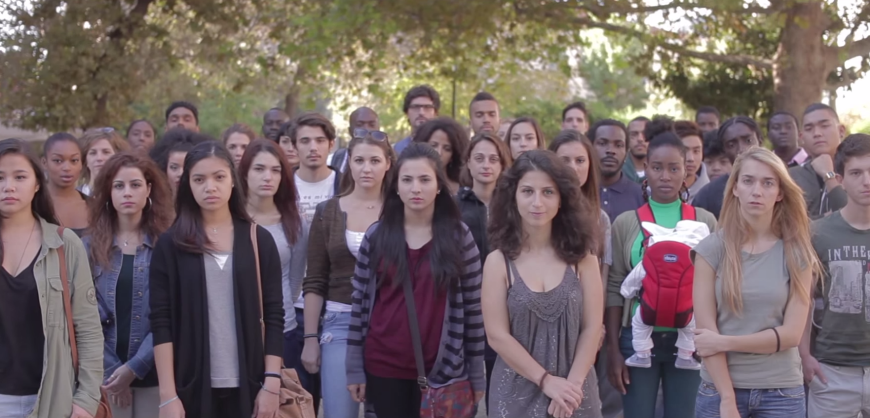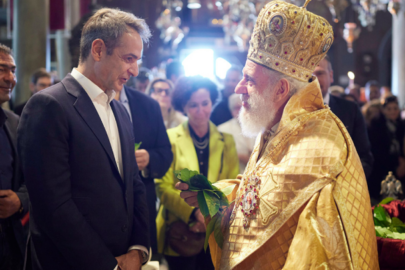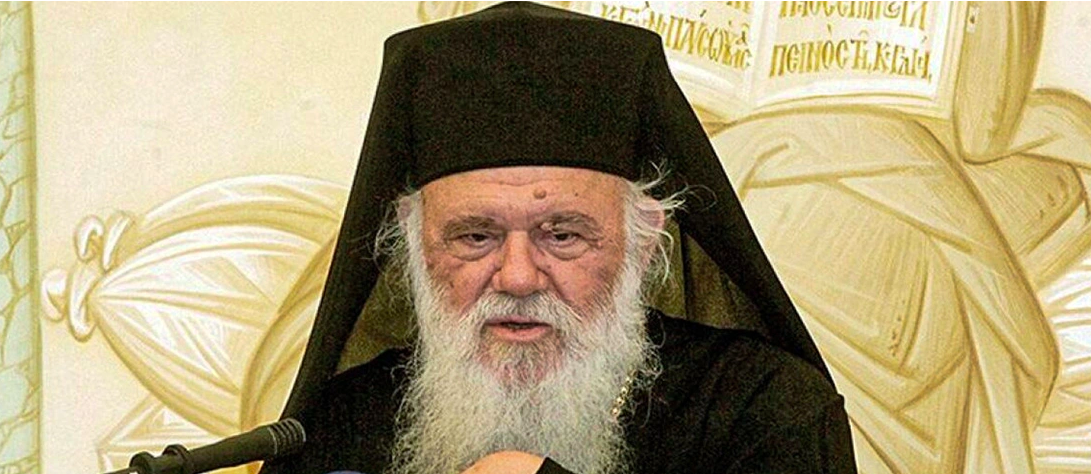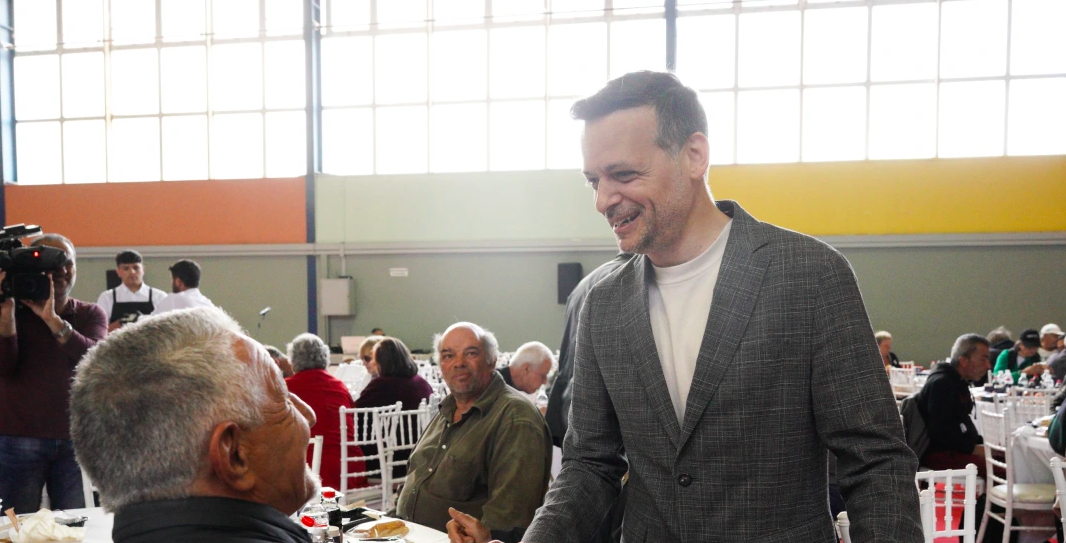The new video campaign by Generation 2.0 for Rights, Equality and Diversity (Generation 2.0 Red), titled “Equal Citizens”, features a number of young people from different backgrounds in Greece explaining why they want to have the same rights as most of their peers. They talk about their feelings of “belongings” and young Greeks join in the video calling for their friends to enjoy the same rights as them.
At the moment there are an estimated 200,000 children and young adults born and raised in Greece who are denied citizenship status because their parents are immigrants. This means that they are required to apply for a residence permit to live in the country they consider home. They don’t enjoy the same freedom of travel as their Greek peers and don’t have the same political rights.
The group that created the video is collecting signatures for a petition calling on the EU and the Greek government to ensure that children born and raised in Greece can apply for Greek citizenship.
The petition states:
In most EU countries, legal recognition (citizenship acquisition) is given, yet in Greece, this matter is still a taboo subject. At the moment there are up to 200.000 children and young adults born to immigrant parents. The State is denying access to citizenship to these children of migrant background, depriving them of their basic rights and instantly making people born and raised on Greek soil foreigners by default.
Some of the greatest problems we face, as youth of migrant background in Greece are racism and all sorts of discrimination that are directly related to our precarious legal status.However, the greatest problem we face is visibility, or rather, the lack of it. In other words, children of migrant background are invisible both to the State and to society. At the moment, there is no legislation on citizenship acquisition for the children of migrant origin, except by naturalization. Act 3838/2010 that was adopted by the Greek Parliament in 2010 was considered anti-constitutional, and in 2013, the State Council overturned the articles that provided a path to citizenship acquisition. Moreover, the majority of Greek society is not only unaware of the problems we face, but more importantly, that we even exist. In other words, we are seen not as Greek youth with a migrant background but as foreigners who do not belong to Greek society as a whole.
What we are fighting for is our right to be recognized as Greek citizens.



































